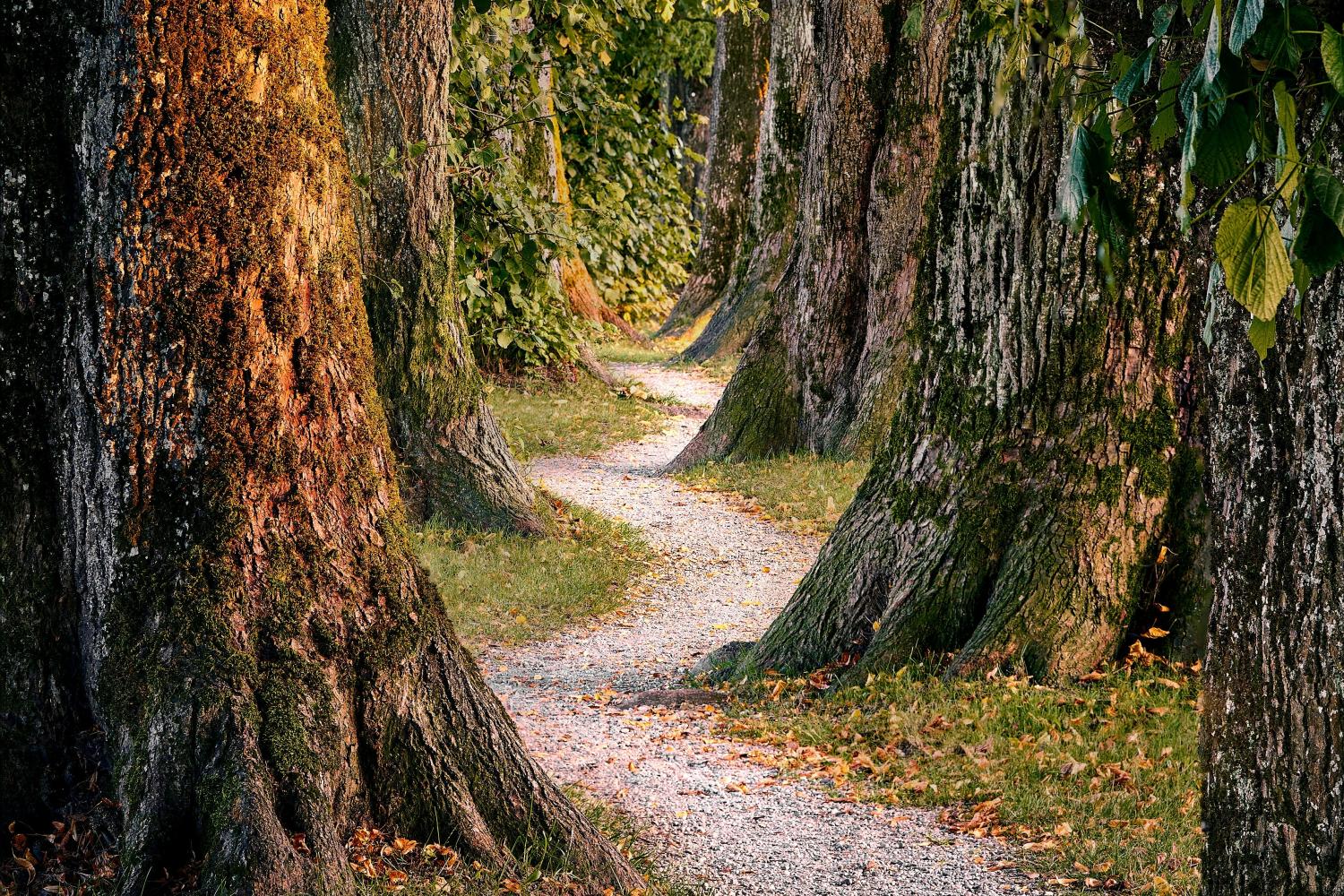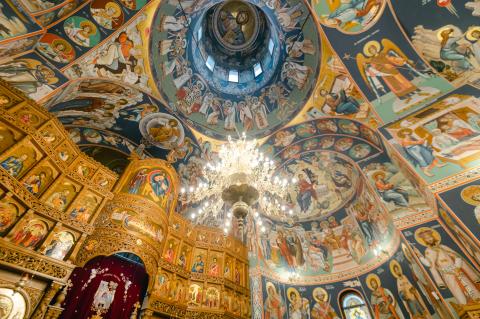
A handful of days ago, the Netherlands permitted a physically healthy 29-year-old woman to end her life through physician-assisted suicide. She had been suffering from trauma, depression, and anxiety, and on those grounds was approved to die due to “unbearable suffering with no prospect of improvement.”
The Catholic News Agency noted that her death has “reignited a contentious debate across Western countries” about euthanasia, with countries like France still debating its legalization and others, like the Netherlands, going so far as to open the door to euthanization for children under 12 – a policy many find shocking. But in some ways, when one considers modernity’s attempts to renounce its Christian basis, it’s more shocking that some countries have held out against euthanasia for so long than that others have radically paved the way for it.
Indeed, when one takes a wide look at the state of our culture’s core principles, there’s little in the modern progressive perspective that lends itself to a principled stand against physician-assisted suicide. The hallmarks of modern progressivism are autonomy and “freedom,” its philosophy that one’s life is entirely one’s own and that this life is all we get. And while there’s still an intuition, there, that the life we do get is a precious gift, there’s nothing in that philosophy or set of values to make sense of, or give meaning to, the fact that this life is also incredibly difficult. There’s much that brings us joy and purpose, sure, but we also suffer a lot, many of our hopes end in disappointment, and we’re ultimately headed toward death, anyway. “To be or not to be” is, in that context, a fair question. Why shouldn’t someone opt to speed the ending up, if there really is “no prospect of improvement” of their circumstances, and no God they’re ultimately responsible to?
Certainly there’s something in us that instinctively recoils at the thought of a self-willed end to any life, however sanitized the means. But that recoil, in many ways, derives from the revolutionary response Christianity has given over centuries about the intrinsic value and purpose of human life. Christians have always held that our lives are not just our own, that they’re ultimately in God’s hands, and that he uses every aspect of them for his mysterious and often unseen purposes, both in the work we do and the relationships we foster but also in the ways we suffer, the pain and trial we endure.
The larger culture once held such principles, too, giving rise to laws and values and social norms rooted in them. The sentimental allergy to euthanasia that still lingers in the West is really an inherited one, then, from a time when acknowledging the dignity of life was a more default conviction. The shift away from that principle has clearly already happened: we’ve replaced the belief that God is at the core of every human life with the rallying cry of “my body, my choice.” But we’re just starting to more thoroughly reroute our sentiments, too, such that a 29-year-old woman’s death can be perceived as a mercy, rather than a tragedy.
…all of which goes to the point that the cultural battle at hand is not ultimately meant to be had at the level of sentiment, but of principle. In the hope to resist a culture of death, Christianity has on offer remarkable resources that make sense of why something in us still flinches at the death of a healthy young woman, however great her suffering. Our work isn’t just to insist on that flinch, but to offer the compelling, hopeful, meaning-filled grounds for what’s behind it: the belief that God’s hold on our lives is not actually an imposition or hindrance to our freedom. Instead, he’s the reason we can trust that our lives are a great good, that they do great good even in the most debilitating of circumstances, and, for that reason, that they’re always worth living.
The Society of Catholic Scientists will meet this week, with experts from across the world presenting on topics ranging from evolution to AI to the nature of faith.
Corpus Christi Eucharistic processions continue to grow across the nation and around the world, as some cities saw turnouts in the thousands.
As Catholics around the world participate in the Eucharistic Revival, it’s worth viewing the event through the eyes of the saints (in this case, ten).
The National Catholic Register presents an utterly rare sort of interview: a conversation with the mother of a someone who could soon become a Saint.


